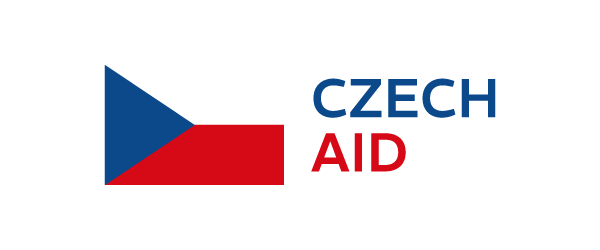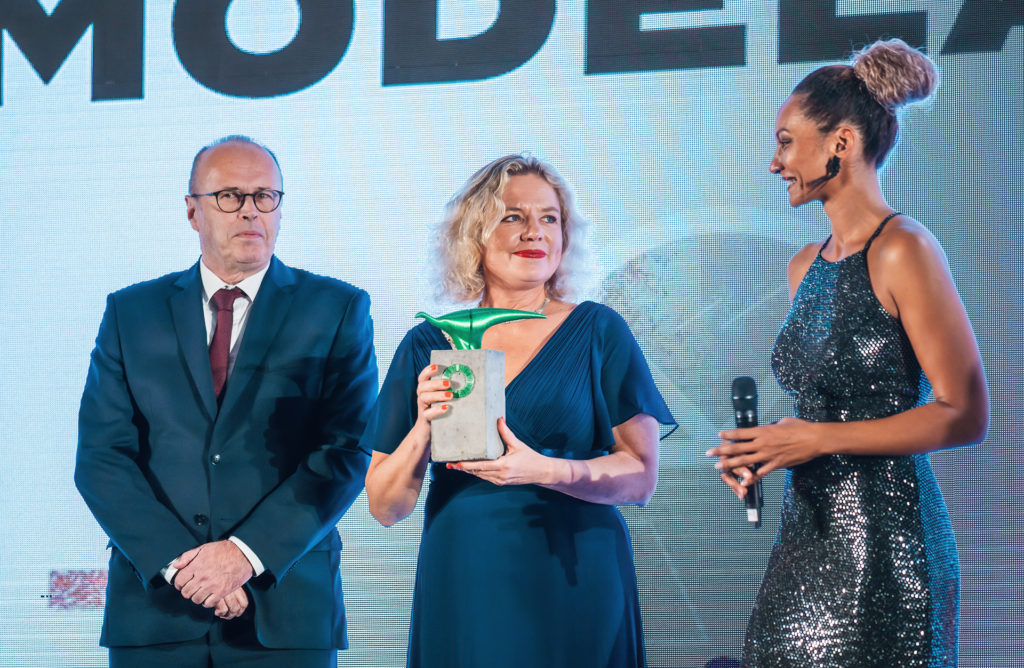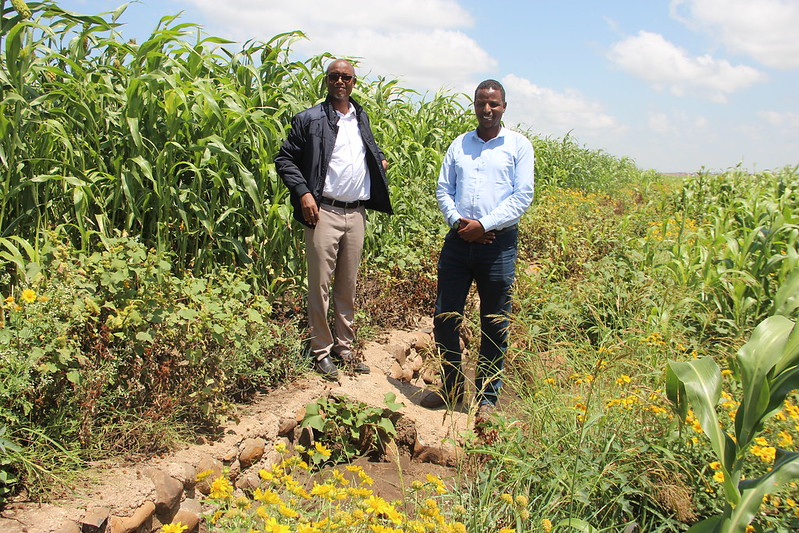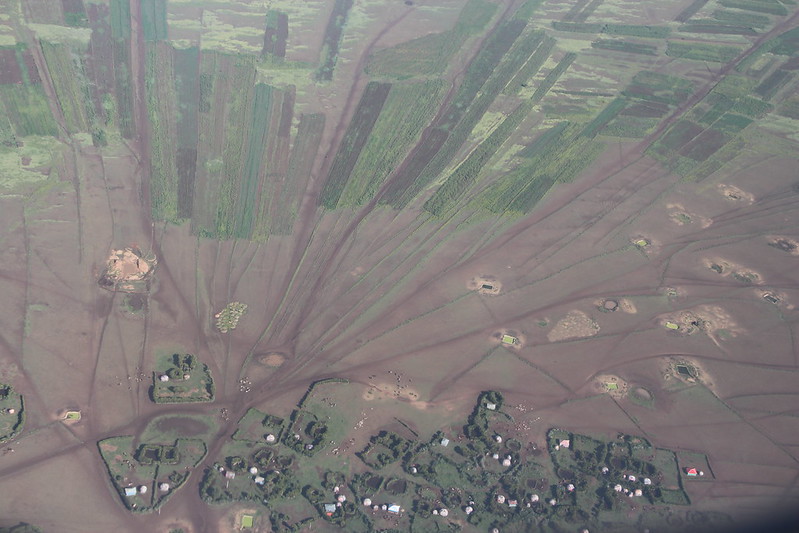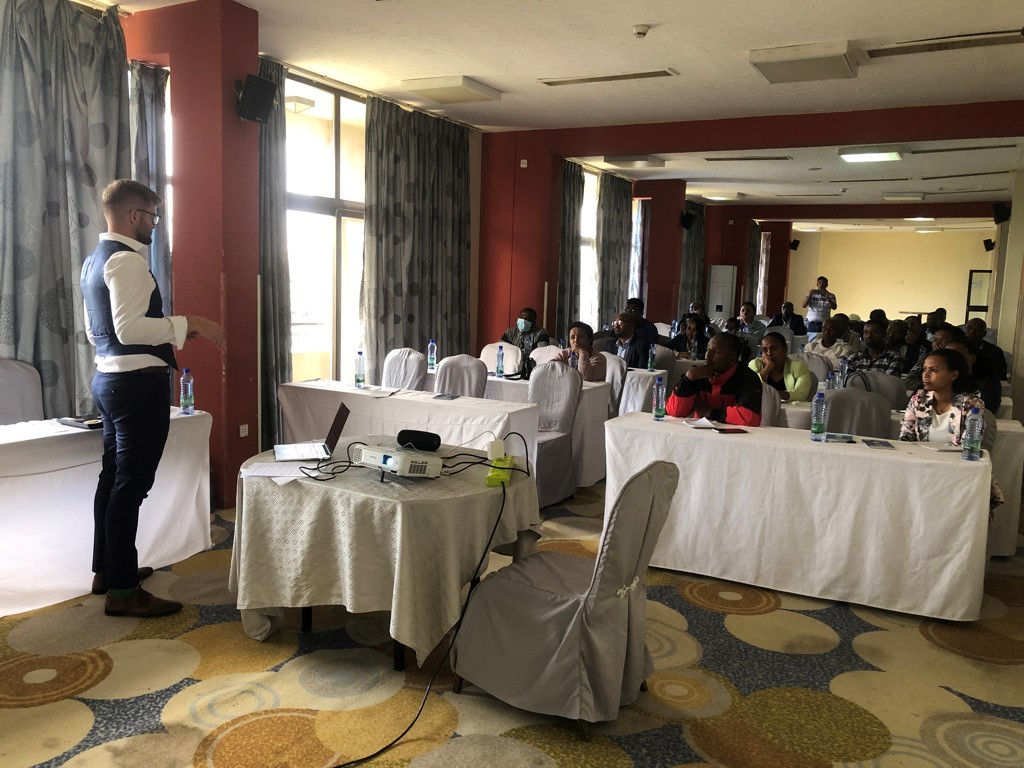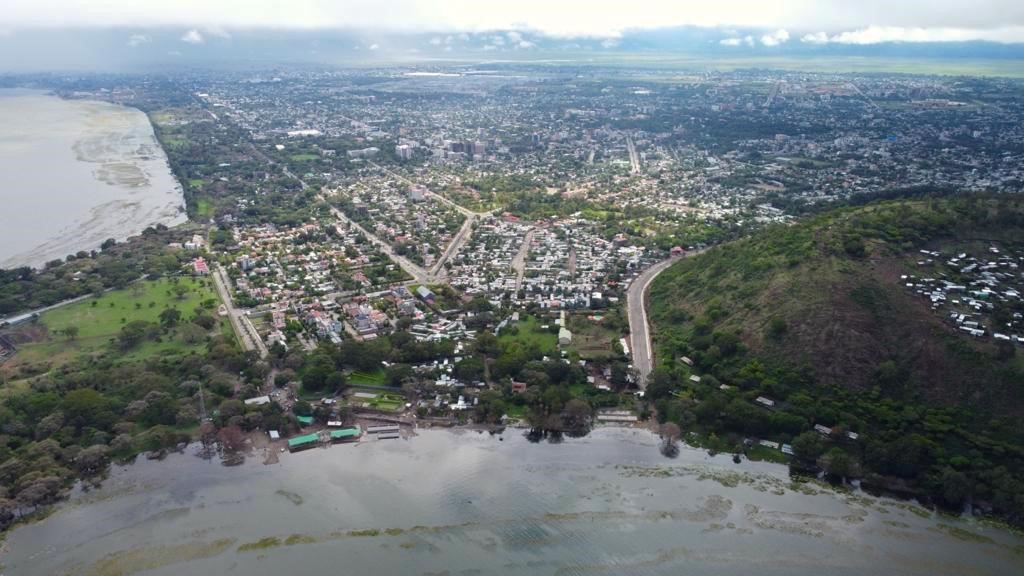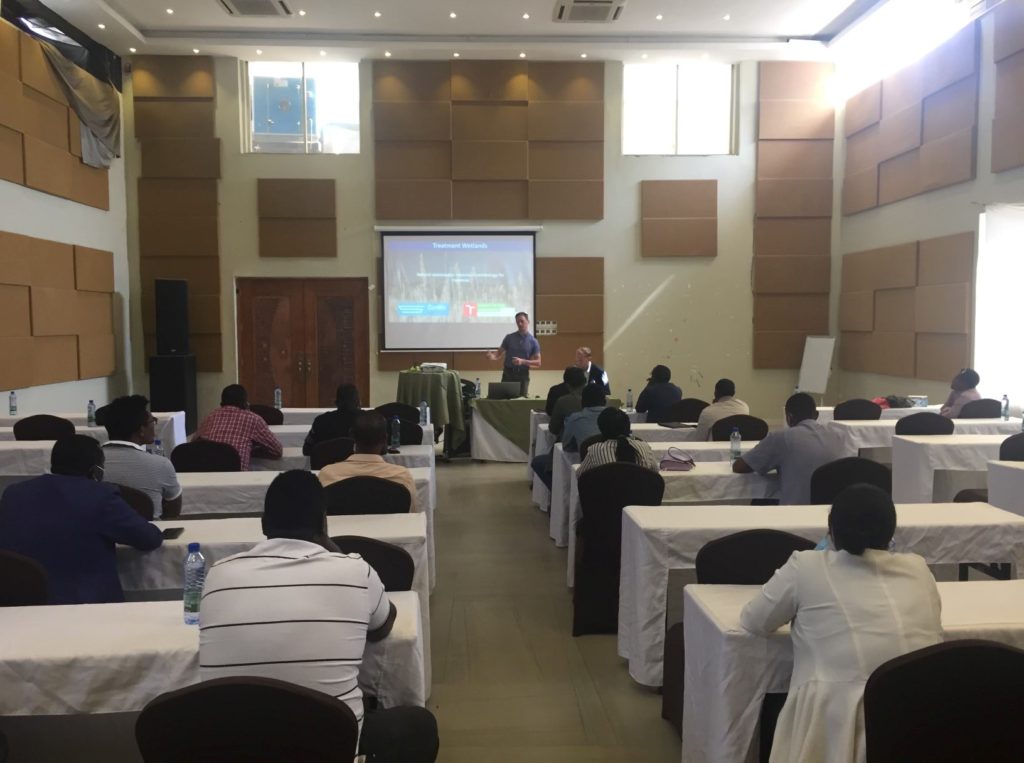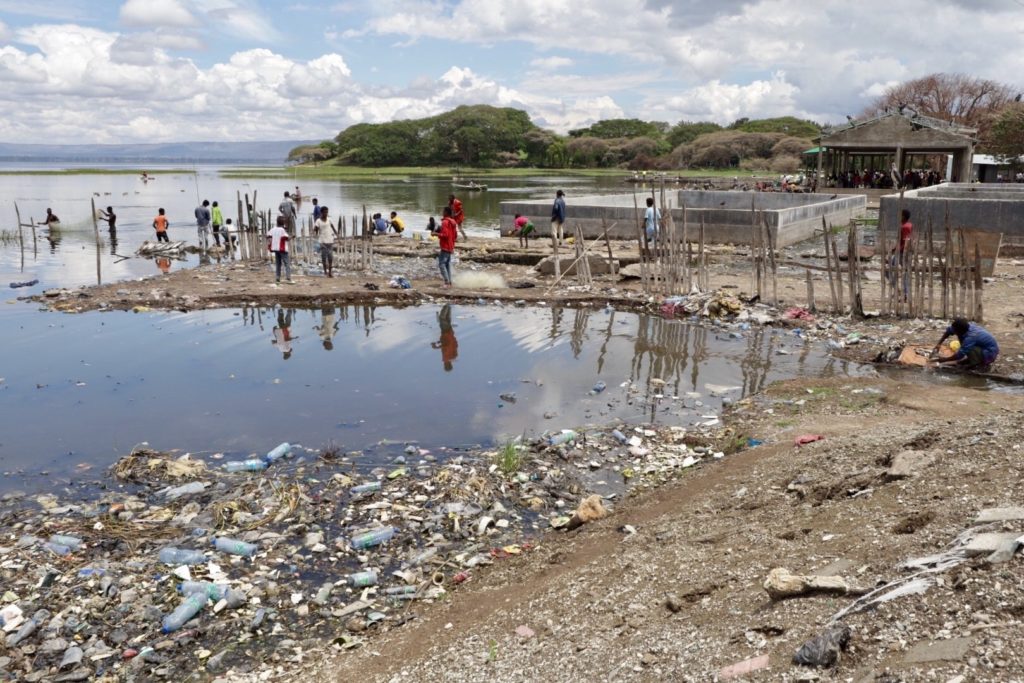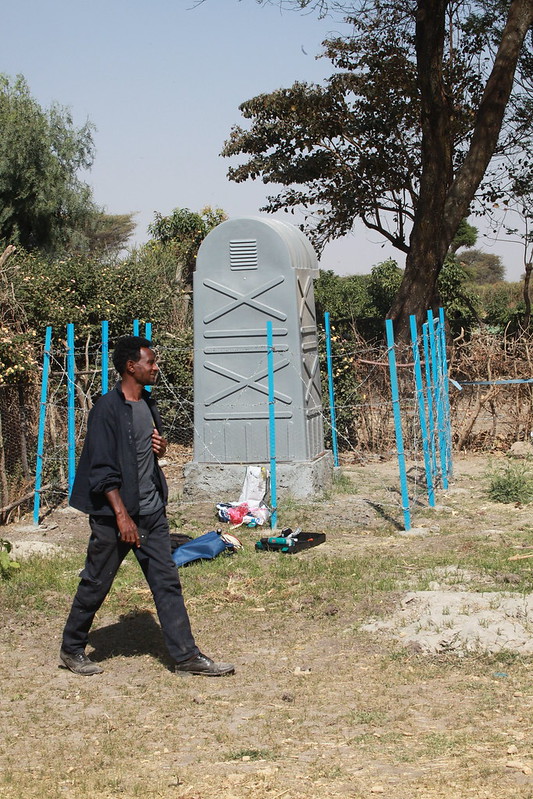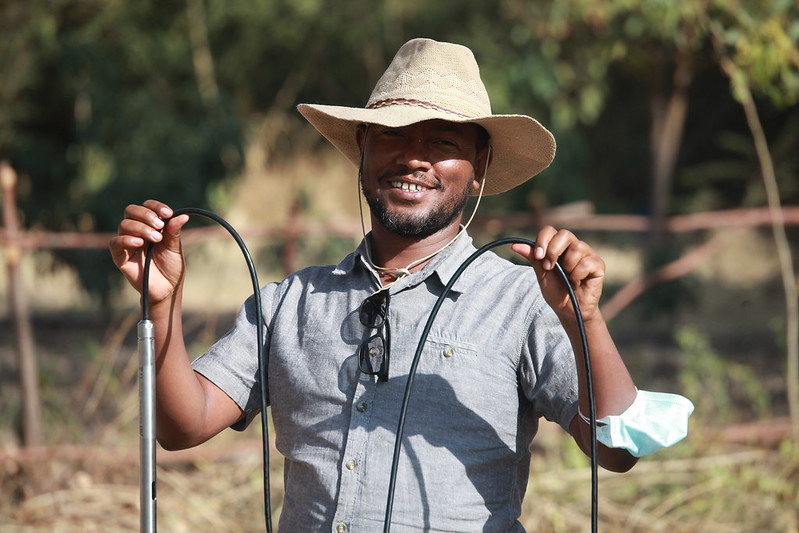World Water Day, held on 22 March every year since 1993, celebrates water and raises awareness of the 2 billion people living without access to safe water.
Below are a few facts about water that we all should be reminded today:
- 4 million people die annually and 74 million will have their lives shortened by diseases related to poor water, sanitation and hygiene. (WHO 2022)
- Today, 1 in 4 people – 2 billion people worldwide – lack safe drinking water. (WHO/UNICEF 2021)
- Almost half of the global population – 3.6 billion people – lack safe sanitation. (WHO/UNICEF 2021)
- Globally, 44 per cent of household wastewater is not safely treated. (UN-Water 2021)
- Global water demand (in water withdrawals) is projected to increase by 55 per cent by 2050. (OECD 2012)
Czech-UNDP Partnership supported multiple water project in Ethiopia to explore innovative ways to assure that clean and safe water is available for everybody. Following projects contributed to that:
- Modelárna LIAZ
As Ethiopia’s shallow water sources are becoming scarce and polluted, alternative water supplies by exploring sustainable deeper groundwater sources need to be identified. The development of deeper aquifers that are interconnected with surface and groundwater recharge zones is an effective solution in the drought-affected Somali Region. LIAZ Exploration used its advanced exploration tools to locate sustainable deeper groundwater sources in one of the most drought-affected area. The project was part of 2021/2022 Challenge Fund round.
In October 2022, the Czech SDG Awards honored sustainable projects and strategies that aspire to change the Czech Republic and the rest of the world for the better. In the Development cooperation, peace and partnership category, the Modelárna LIAZ project won and it further showed the importance of finding new water resources in the world.
LIAZ team continues to work on their mission in Ethiopia. They continue the cooperation with UNDP Ethiopia that is interested in social-economic development of the Somali region and LIAZ agreed to prepare map with GPS coordinators to locate deeper (0-50 meters) groundwater sources. Based on this, Somali region UNDP team will decide, which areas would be interesting for them and LIAZ may be able to scale-up their project in the country.
LIAZ also explores the opportunity of cooperation with other possible donors including UNICE, EU and Somali Region.
- Holistic Solutions
In the town of Hawassa, underground drinking water has shown signs of pollution. Furthermore, its nearby Lake Awassa has also been polluted as a result of human activities in the region. This problem is even more challenging because the lake serves as an important source of fish and water.
The main objective of the 2021/2022 Challenge Fund project was to introduce Czech technology of natural-based wastewater treatment plants to Ethiopia, specifically to the town of Hawassa and its surroundings. The outcome was a feasibility study which should serve as basis for further development of natural wastewater treatment plants in Ethiopia.
After the project finished, Holistic Solution organized a conference for Ethiopian experts, where the technology was introduced, including the results of a feasibility study, that confirmed that this technique is feasible for Ethiopian environment. There is an ongoing communication with Ethiopian Biotechnology Institute that was interested in the technology and they look for the possible grant opportunities. Grants or governmental support are currently the only ways to implement the technology unless the financial possibilities of private sector will improve in the country so that they would be interested to invest in ecological ways of handling waste water. Holistic Solution is still active in Ethiopia and are ready to implement the technology as soon as the financing is secured.
- Aquatest
Shallow groundwater resources (SGWR) for household irrigation has been mapped in Ethiopia since 2013 with results being transferred to regions and Woredas for implementation. However, the challenge remains as there is no monitoring system of SGWR that documents potential negative decline of groundwater level caused by over pumping and/or deterioration in groundwater quality through increase of salinity.
The project implemented in 2020/2021 by Aquatest established the first group of monitoring wells for SGWR by drilling of shallow monitoring wells, optimization of monitoring networks and training of experts in the region. The company is still active and look for ways to scale-up these wells.
About the Czech-UNDP Partnership for SDGs
The partnership of the Czech Republic and UNDP supports innovative solutions from the private sector of the Czech Republic, non-governmental organizations, universities, state institutions, research centers and individuals for solving specific development challenges in priority countries (Bosnia and Herzegovina, Georgia, Moldova, Ethiopia, Cambodia, Zambia). The implementation of projects and expertise is financially supported by the Ministry of Foreign Affairs of the Czech Republic.

